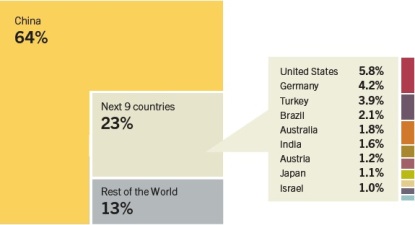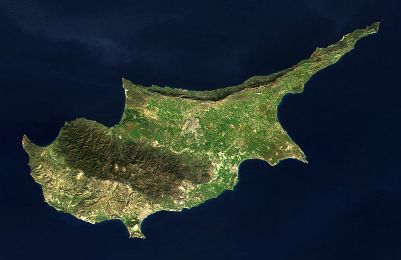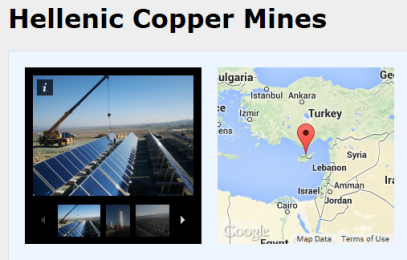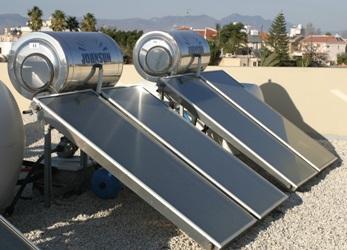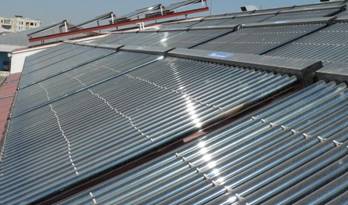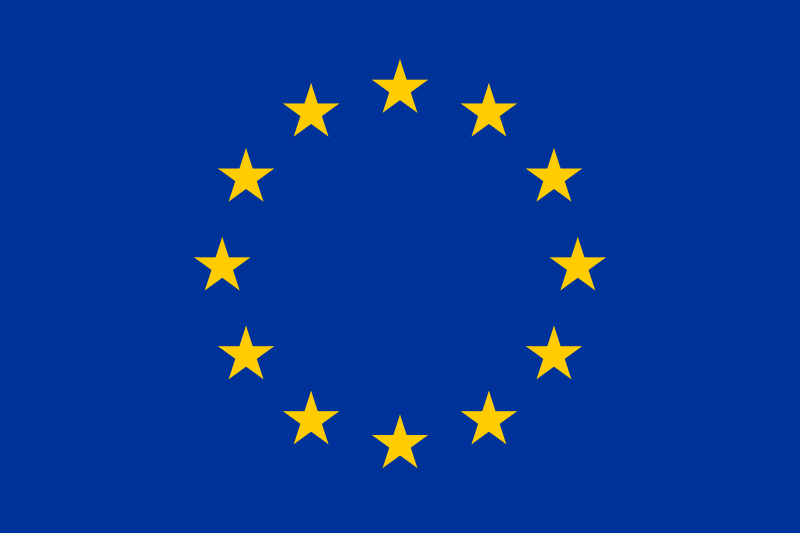Diligent research on small scale low-temperature chillers, the launch of a new generation of compact solar cooling units and large-scale plants able to compete economically with conventional cooling solutions: These […]Read More
The International Renewable Energy Agency (IRENA) published two technology briefs last week. The 40-page documents, one entitled Solar Heat for Industrial Processes, the other Solar Heating and Cooling for Residential […]Read More
According to REN21’s Renewables 2014 Global Status Report, which was published at the UN-hosted Sustainable Energy for All Forum in New York at the beginning of June, solar thermal technologies […]Read More
Islands with no network connections to any mainland and a strong dependence on expensive fuel imports face special challenges in terms of their energy supply. That is why at the […]Read More
Austria has a leading position in solar energy use worldwide. 3.5 GWth (5 million m²) of solar thermal capacity had been installed in total until the end of 2012. Based […]Read More
The middle of March saw the launch of the online database http://www.ship-plants.info, which has so far collected 122 projects using Solar Heat for Industrial Processes (SHIP). The database was created […]Read More
The Cyprus solar thermal market is shifting from “newly built” to “retrofitted” – a trend supported by the subsidy scheme of the Fund for Energy Efficiency and Renewable Energy. This […]Read More
Following Bad Staffelstein (Germany, 2005), Terragona (Spain, 2007), and Palermo (Italy, 2009), the 4th International Solar Air Conditioning Conference will now take place in Lanarca, Cyprus, from 12 to 14 […]Read More
In Europe, only a few conferences focus exclusively on solar heating and cooling in 2011. Most events combine both solar thermal technology and photovoltaics, with two-thirds of the schedule being […]Read More
Clear-cut concepts and mandatory targets to protect the climate was what the European Commission requested from the 27 EU members as they created their National Renewable Energy Action Plans (NREAPs). […]Read More

